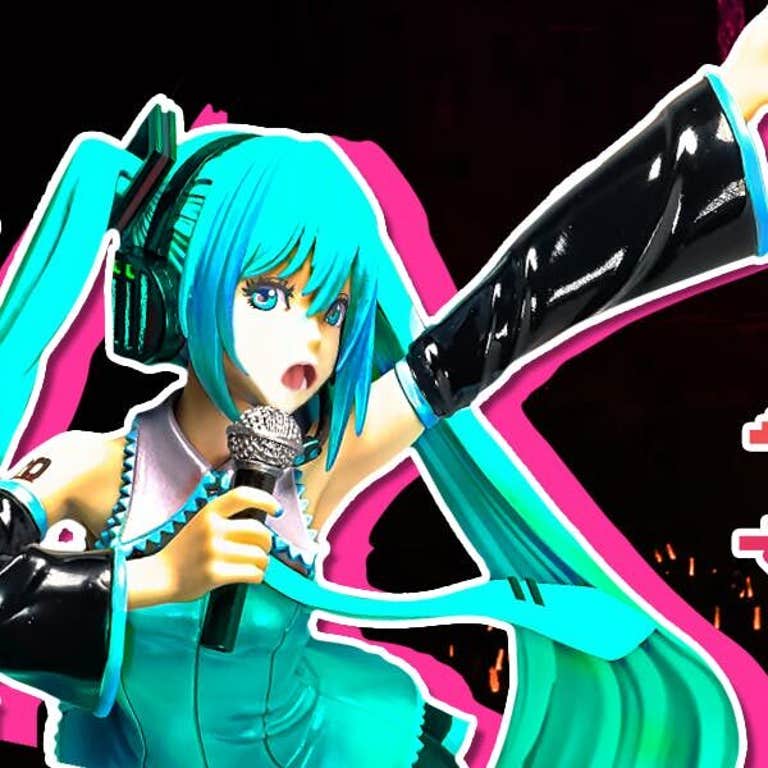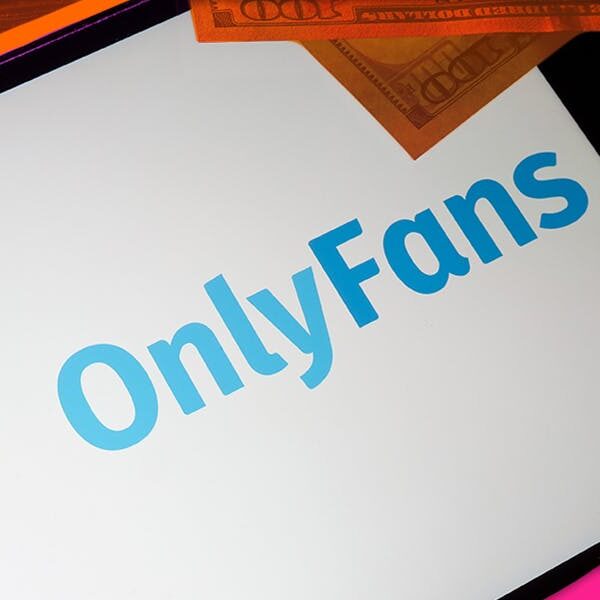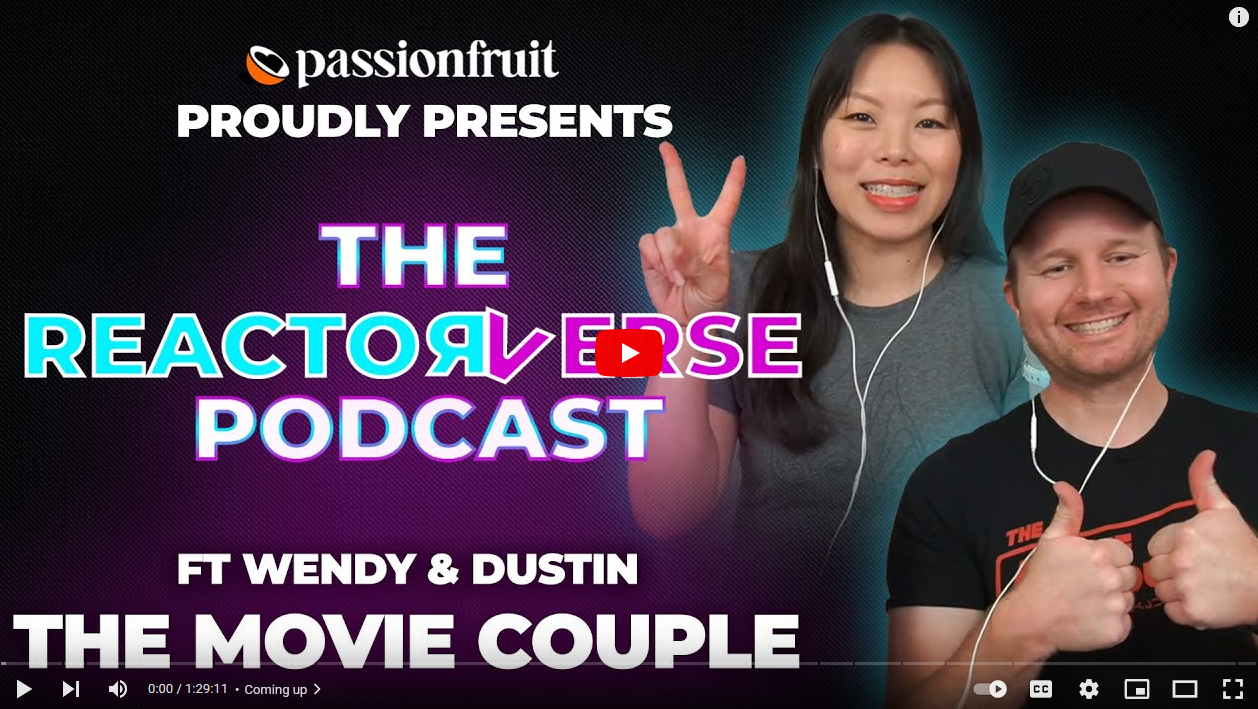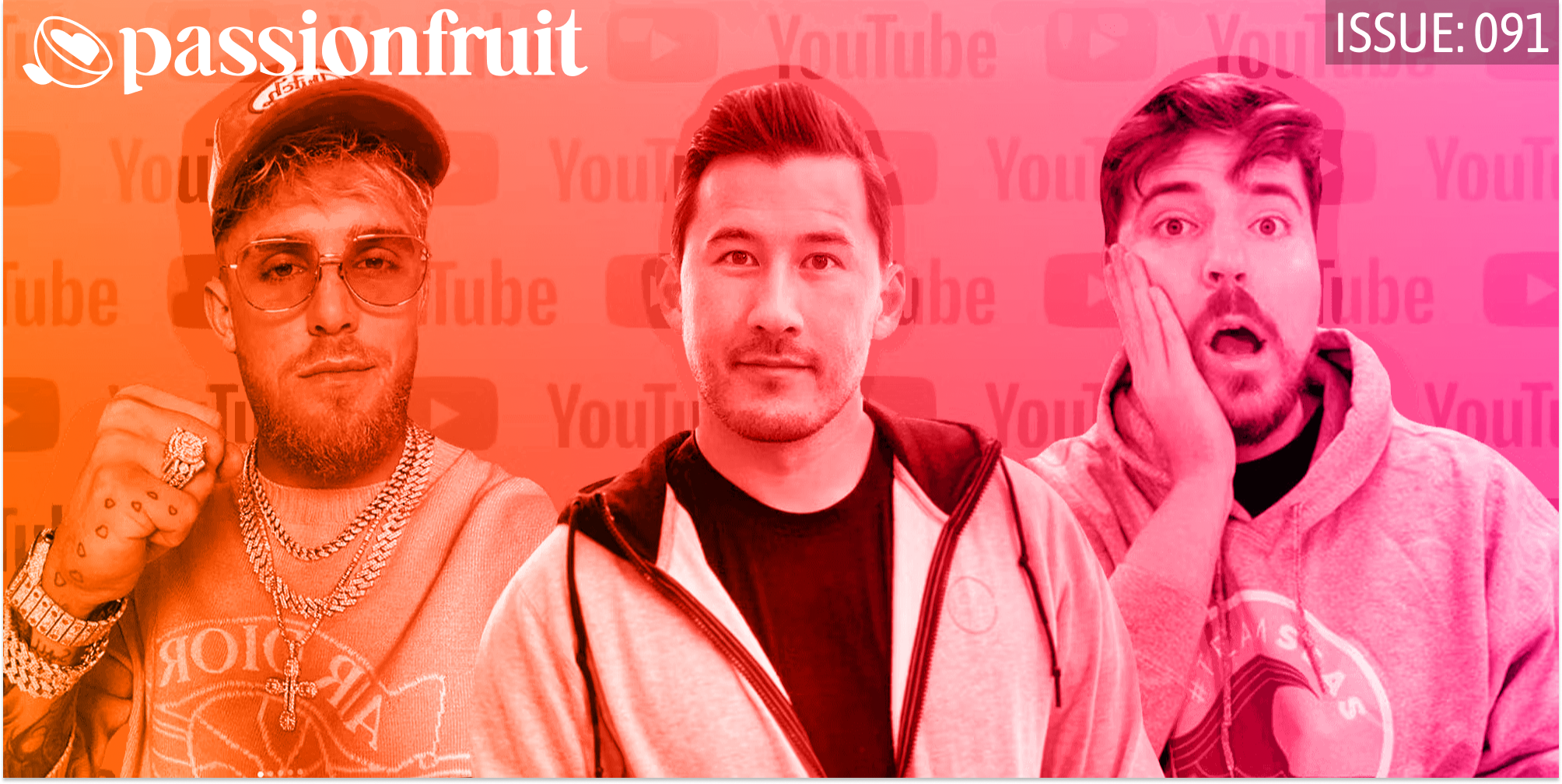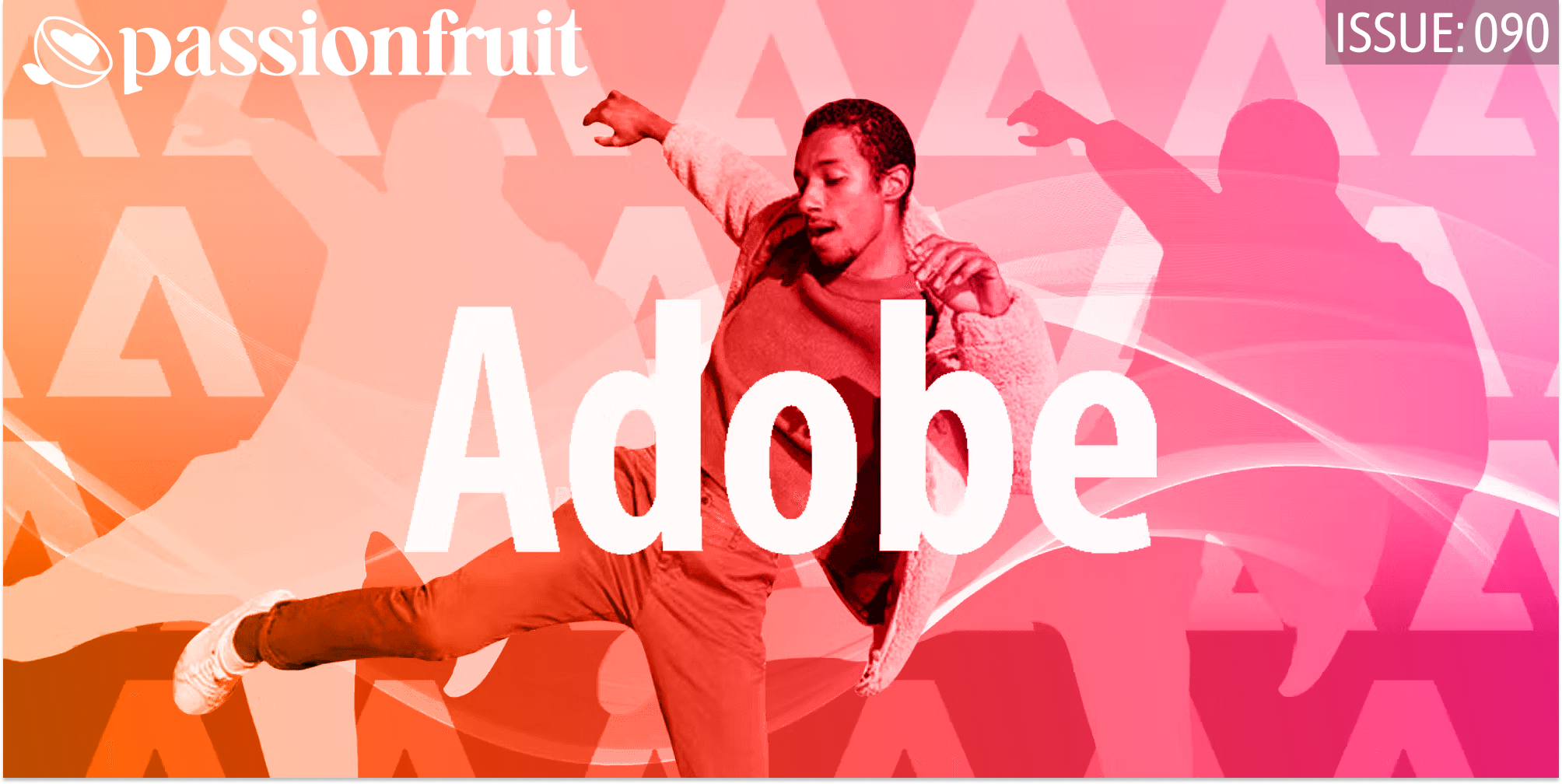CREATOR NEWSLETTER
Issue #227 | April 9, 2024
– Grace Stanley, Deputy Editor
PERSONALITIES
Can Gambling Content Be Ethical? YouTuber Brian Christopher Is Trying To Find Out
‘I would have hated it if I was ever responsible for encouraging anyone to play beyond their means.’
By Steven Asarch, Passionfruit Contributor
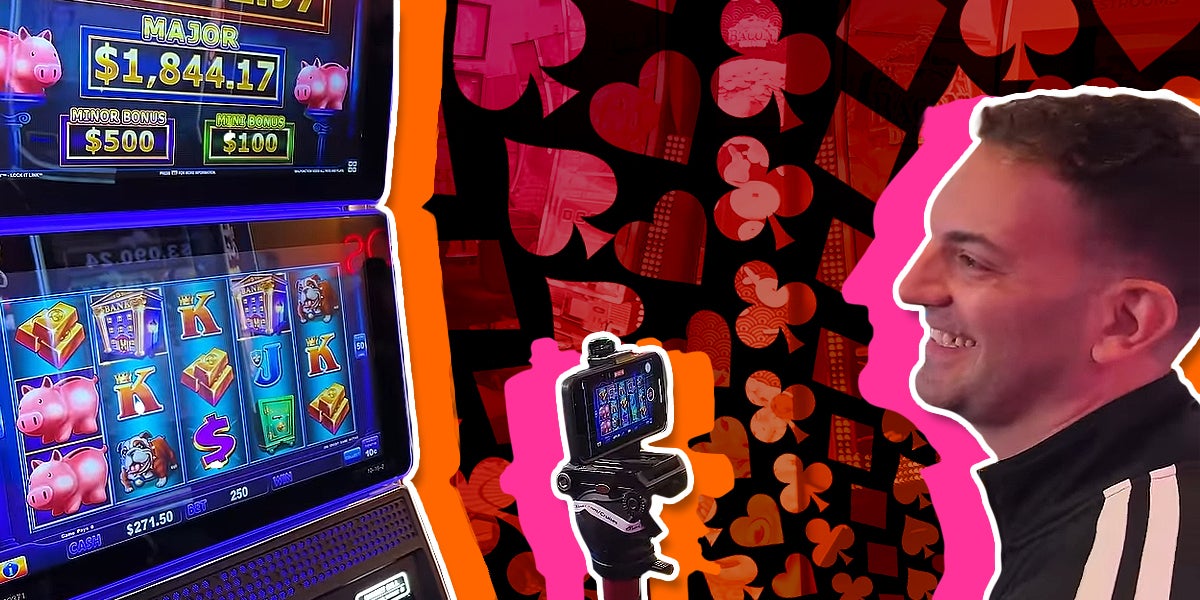
SPONSORED
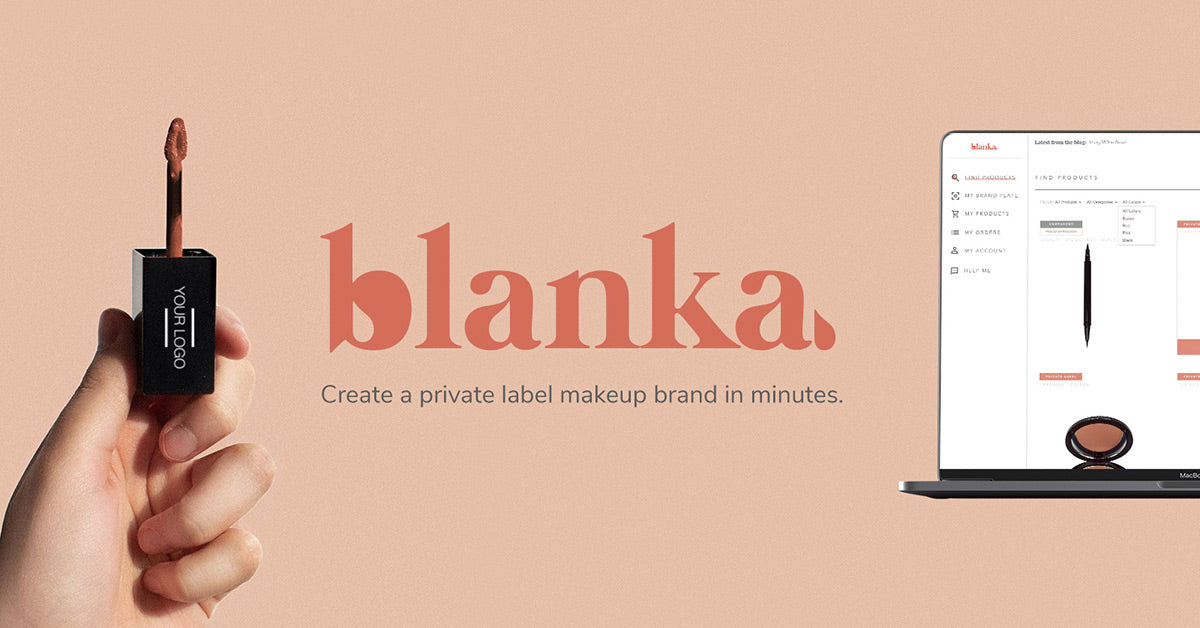
Build Your Own Cosmetics Business With Blanka
Launching any kind of product is hard, launching a cosmetics line can seem like the hardest. But Blanka was started by a fellow creator to help other creators source, produce, and distribute cruelty-free, high quality vegan cosmetics under your own custom brand label, with no minimum order size and drop shipping available. Sign up now for your first 14 days free.
IN THE BIZ
- Twitch revised its “Suspension Evasion Policy” to clarify acceptable behaviors regarding content from suspended users. It now allows discussions and reactions to such content while prohibiting the direct participation of suspended users in streams.
- TikTok is testing “TikTok Notes,” a new app dedicated to photo posts, signaling its move into spaces traditionally dominated by apps like Instagram.
- Elon Musk faced a challenging deposition in a lawsuit alleging he spread a defamatory conspiracy theory. In the deposition, he admitted to masquerading online as his infant son and potentially harming X’s financial standing.
- Legal papers filed by Meta on April 5 shed light on just how much advertising revenue Instagram has brought in over the last few years — and it may be a lot more than you think.
CULTURE
Lessons Learned From the Hatsune Miku Concert Flop
The virtual influencer is in her flop era.
By Charlotte Colombo, Passionfruit Contributor
TIPS & TRICKS
How To Promote OnlyFans on Social Media Without Getting Banned
Follow the rules to avoid a ban.
By Demeter DeLune, Passionfruit Contributor
JOB BOARD
- Content company Portal A is looking for a talent producer.
- YouTuber Brandon William is looking for a video editor.
- Creator Hindsight is looking for a video editor and a scriptwriter.
YOUTUBE MADE ME DO IT
This week on the Reactorverse Podcast, we’re joined by The Movie Couple! The husband and wife duo, Wendy and Dustin, talk about how they started their channel, what it’s like attending press screenings and film festivals, how they manage their schedules, and more! Check it out on the Passionfruit YouTube channel, and subscribe so you don’t miss another episode.

Copyright © 2024 Passionfruit, All rights reserved.
You are receiving this email because you signed up to get the latest tips, tricks,
and trends in the creator economy from Passionfruit.
Have an idea for our next big story or want to get featured? Email us at tips@passionfru.it
Don’t want to hear from us anymore?
Click here to unsubscribe
To view in your browser click here

